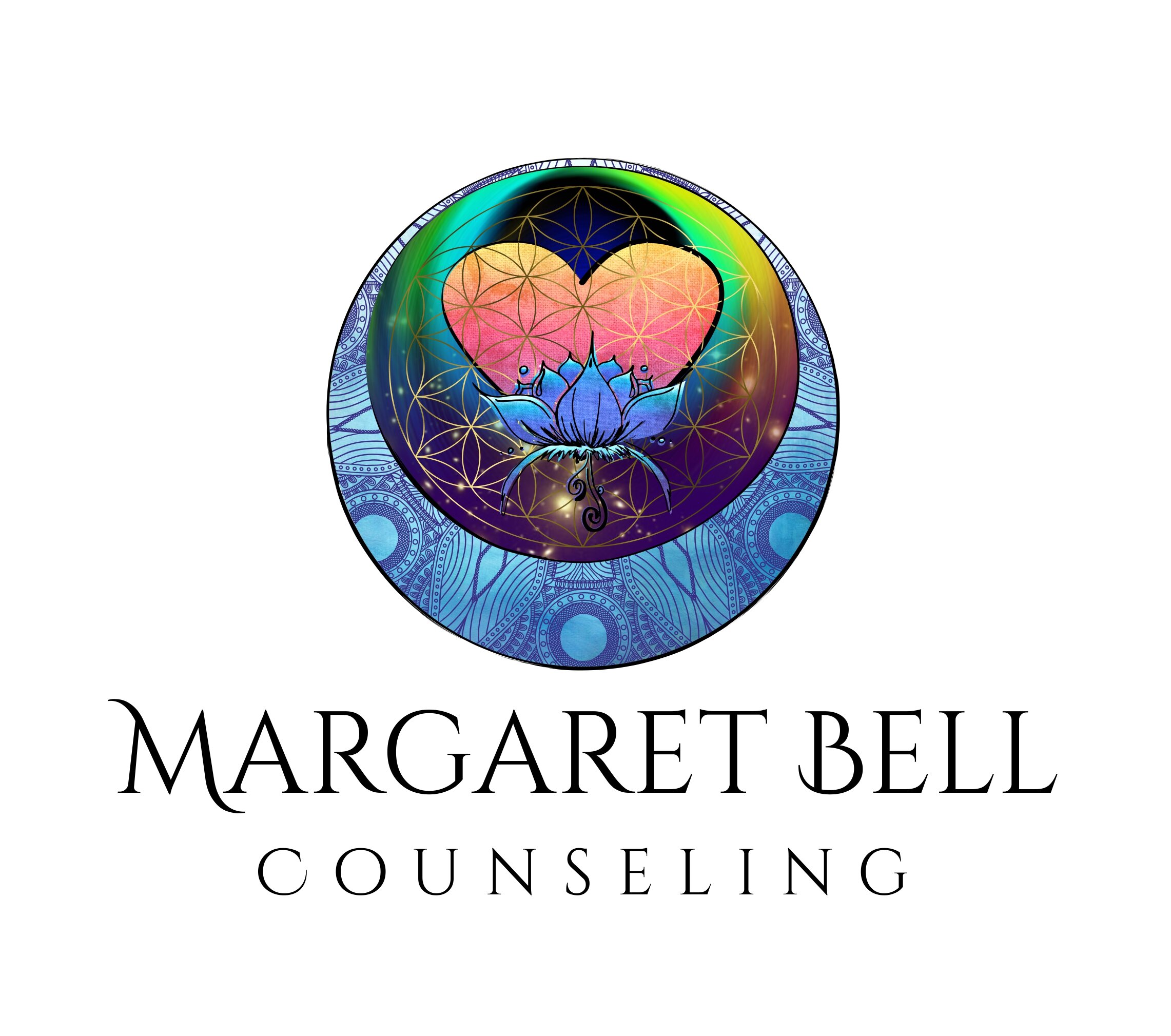What is grief
Grief is the invitation to create new rituals, relationships and perspectives.
Grief throws us into chaos so we may grow and evolve.
Grief is an invitation to live.
We judge, censor and stop painful emotions. We dread experiencing them. Often labeling them as negative feelings. We do not want to feel pain, hurt, sorrow, grief, discomfort and the list goes on. Thus, we are a society of the walking bereaved. We push through grief as if it’s some horrible monster that cannot be fully looked at or it will swallow us. We treat grief like Medusa. If we look at grief, we are turned to stone, trapped and hardened. We pretend each and every day that we are okay. Lie to ourselves that everything is fine. We push through change, ignoring our soul’s cry to sit and stay for a moment. To honor what was and embrace what will be. We are plagued with depression and anxiety easier ways to cope than to face grief.
As a thanatologist (someone who specializes in death, dying, and grief) and a person who has her own intimate relationship with grief, I have a deep understanding of how grief works and how to create a healthy relationship with grief.
Types of Loss
Death:
We know death grief, for it is profound, unapologetic and let its presence know. For those experiencing death grief its ghosts linger. Visiting us with whispers and reminders of who we've lost.
Our human relationships are complex, and this affects our grieving. Mixed emotions can cloud or hinder the grief process. We must take time to work through our relationship with the deceased, exploring and turning over all emotions and feelings. Grief invokes all the feels and emotions. Grief finds our old buried boxes tucked away in closets, attics, basements, storage units, hidden cracks and crevices. Grief exhumes the memories, hurts, pains, traumas, injustices, guilt, shame, anger and all the sorts of feelings left to be forgotten. Grief exposes people, places, and experiences we long thought were forgotten, masked, concealed, and smothered. Grief digs them out and displays them for all to see like a detective piecing together the clues. These memories and images can be brought on suddenly or through smell, sight, sound, touch, and sensations. This is a time to feel all emotions that arise: anger, contempt, love, laughter. Whatever emotion arises is perfectly okay. they are all part of the process.
Sadly, our society does not honor the process of grief. Assuming that once someone has died, we will just get over it. The truth is, sometimes we never get over the death of someone because the point isn’t to get over the death; it’s to create a new relationship with it.
The grief over the death of a human is culturally accepted. However, there is still judgment and misunderstanding in the grief over a pet. Grief over a pet reminds us that our pets loved us unconditionally. They bore witness to our life. Many of our pets see sides that no one else sees. They are holders of emotions and keepers of our secrets. This loss can be as difficult as human loss and for some, even more painful.
Life:
Life losses are those experiences that change our normal daily life that causes us to adapt and change. Even those that are positive changes involve grief, because what we know is ending and something different will become our new norm. Common life loses include but are not limited to: relationships changes, job changes or loses, and moving,
We tend to minimize our life losses. Barreling through them and discrediting them. We forget that these losses must be felt. In feeling them, we allow ourselves to experience the expansiveness of being human. We allow ourselves to understand ourselves on a deeper level. We often fight this, afraid that if we go too deep, becoming lost.
For so many, the COVID pandemic created both death and life loss. Further impacting the process of grief, oftentimes feeling overwhelming and permanent.
Collective and Historical Grief
Historical and collective grief feels like a weight over the people it haunts.
Collective grief is the shared experience with shared experiences. Collective grief is what is felt when tragedy impacts a community, mass shootings, war, death of a beloved celebrity.
Historical grief is the grief of losing something larger than yourself. It expands past your personal experience into the shared experience with others. It is a loss of rights, rituals, culture, land, community, traditions, lore, and a way of life. It is the grief of a group of people who are forced to assimilate to the demands of the dominant culture or change their way of being to adapt.
Grief is a human experience. A reminder of the finite human experience.
Grief is an invitation to embrace our soul's evolution to create rituals that heal our deepest pains and traumas. Grief is a place to learn the art of letting go and releasing that which no longer serves you.
Coming soon: pet loss, different types of grief, working with grief and much much more





